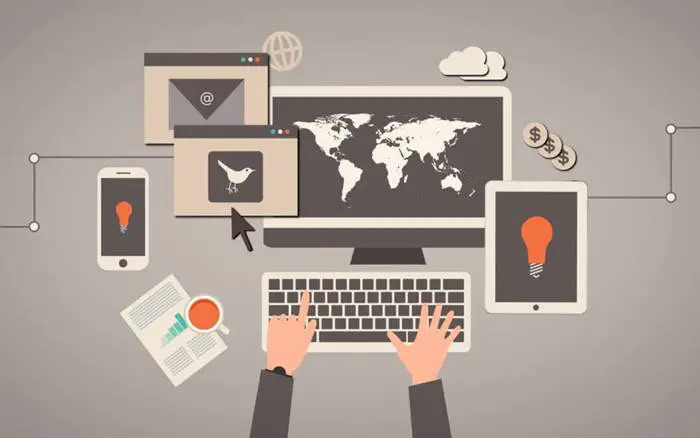Project management software is immensely popular – utilized by businesses at nearly every level. There are many reasons for the ubiquity of this software. This article aims to give a quick rundown of the most significant factors that influence the adoption of project management solutions such as process management software. Not every business leader wants the same outcomes from project management software adoption. A quick browse through this list of benefits should help you sift through the competition to find the best fit for your organization. Here are the benefits of using project management software:

1. Simplicity
Project management and team planning software from CoAmplifi significantly simplifies the role of the project manager. A huge amount of time and energy was previously expended on chasing up individual emails, crunching numbers, and ensuring clear communication among workforce members. Dashboard-based software allows project managers to complete all of these tasks in one place and automate some of the more mundane and time-consuming elements of the job.
Read also: 5 Tech Needed for New Businesses Starting from Day One
2. Resource Management
The efficient management of resources is an essential part of any successful project. The Association for Project Management defines resource management as “the acquisition and deployment of the internal and external resources required to deliver the project, program or portfolio.” Any project manager knows that this is no easy task, especially when each factor can drastically affect all of the others. Project management software allows for the clear oversight of resources, which further simplifies the task of managing and distributing them. It also allows project managers to clearly demonstrate their resource needs to executives in order to get what they need for the efficient running of their project, while simultaneously providing streamlined strategy map creation, KPI tracking, and scorecard visualization to give overviews of strategic objectives and company-wide performance.
Read also: How to Select the Right Professional Services Automation Platform
3. Communication
Communication between project managers, workers, accountants, executives, and just about everybody else is absolutely crucial to the completion of a project. In the past, there was a tendency for avenues of communication to become fractured. This fracturing of communication can cost time and resources. Project management software – or at least the best examples of it – centralize communications and allow managers to view all correspondence using a dashboard. Collaboration between project staff is also made easier using this software. An open communication platform for staff enables them to more efficiently delegate and complete tasks and avoid data silos. Ultimately, the quality of a project is determined by the quality and ease of communication.
4. Remote Work
While a steady shift towards more remote working practices was already taking place before 2019, the coronavirus pandemic made the adaptation to remote working a necessity for almost every business. According to statistics collated by the Pew Research Center, the pandemic forced vast numbers of Americans to work from home – and may have changed the way businesses think about remote working for the foreseeable future.
Conclusion
Project management software brings a lot of benefits, and has been a key factor in allowing businesses to meet their strategic goals while allowing or requiring employees to stay away from the office. Due to the increased oversight and communication afforded by project management software, business leaders can rest easy knowing that their workforce is still able to collaborate and report efficiently while not being in close physical proximity.
[Image via: Google Images]
